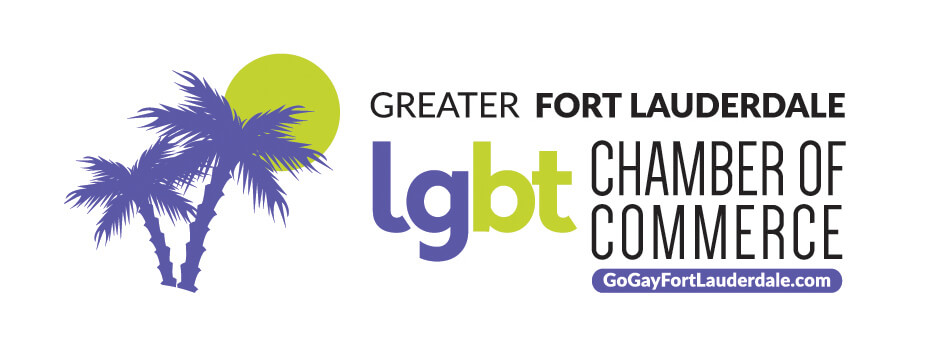Perks with Purpose: How Employers Are Rewriting the Rulebook on Workplace Benefits
Companies are rethinking what it means to take care of their teams. It's no longer just about matching 401(k) contributions or extending dental coverage. The pressure is on to create workplace environments that feel supportive, flexible, and tuned into the complexities of modern life. As job-hopping becomes less taboo and well-being takes center stage, a wave of creative, even unconventional, benefits is starting to redefine the relationship between employer and employee.
Turning Vacations into Ritual, Not Reward
Unlimited PTO might be the buzzword, but it often backfires when employees don’t actually feel free to use it. Some employers are now instituting mandatory paid sabbaticals after a set number of years, treating time off as a career milestone rather than a negotiable perk. Others are funding structured “reconnection” trips—travel experiences with no work tether, designed to foster real disconnection and renewal. The goal isn’t to just allow rest, but to hardwire it into the job experience in a way that restores energy and reduces burnout.
Financial Wellness as a Shared Commitment
A handful of forward-thinking firms are getting serious about personal finance—not by giving raises, but by guiding employees toward better money management. From on-staff financial therapists to student loan repayment matching, these companies are making financial literacy a core part of onboarding and growth. Some even tie retirement coaching to long-term performance incentives, helping people think beyond their next paycheck. These benefits acknowledge a truth often ignored: financial stress doesn’t clock out at 5 p.m.
Clarity Around the Fine Print
Drafting a clear, accessible document that outlines each benefit, its eligibility requirements, and any relevant restrictions ensures employees fully understand what’s available to them. This kind of transparency builds trust and eliminates confusion, especially when it comes to time-sensitive or tiered perks. Saving all benefits-related documents as PDFs keeps them universally accessible and easy to share. If updates are needed, free PDF editor tools can make revisions quick and hassle-free without compromising formatting or clarity.
Mental Health Support That Moves Beyond Helplines
Gone are the days when a poster in the break room about an EAP program checked the mental health box. Today’s most responsive workplaces are embedding licensed counselors into the workweek, offering drop-in hours or scheduled mental health days as part of the standard calendar. Some startups are taking it further, building emotional resilience programs rooted in behavioral science, offering everything from conflict resolution workshops to grief support circles. When mental health is treated as a shared concern rather than a private issue, stigma has less room to grow.
Family Care That Includes More Than Kids
Parental leave is just the start. A growing number of employers are addressing the broader spectrum of caregiving—whether that means aging parents, a sibling with disabilities, or a partner in recovery. New benefits packages include elder care coordination services, emergency back-up care stipends, and flexible caregiver hours without penalty. It’s a more inclusive definition of family that recognizes caregiving as a central part of many lives, regardless of parental status.
Creative Spaces and Time for Passion Projects
Some workplaces are rejecting the idea that employees should leave their creativity at the door. They're carving out weekly time for “project hours” where staff can explore non-client-related work that fuels personal curiosity or social good. Others are giving access to creative studios, from woodworking shops to podcasting booths, encouraging people to bring more of themselves into the job. It’s less about corporate ROI and more about cultivating environments where enthusiasm doesn’t fade under the fluorescent lights.
Housing Help for a Rooted Life
Perhaps the most surprising development has come from companies stepping into the housing conversation—not with relocation stipends, but with housing assistance that helps employees plant long-term roots. Some are partnering with housing nonprofits to offer down payment support, while others are co-investing in rental cooperatives or long-term lease programs for staff. The message is simple: stability outside of work translates to stronger engagement inside it. As the housing crisis grows in cities around the world, these employer-backed efforts are redefining what it means to offer security.
What’s becoming clear is that the old template for employee benefits no longer holds. The perks that resonate now are the ones that account for the realities of life—its joys, complexities, and curveballs. Whether it’s time to grieve, space to build, or tools to thrive, workers want to feel that their lives are seen and supported beyond productivity metrics. As employers continue to experiment and listen, the future of work may finally start to resemble something more humane, and a lot less transactional.
Discover the vibrant and inclusive spirit of Greater Fort Lauderdale by visiting the Greater Fort Lauderdale LGBT Chamber of Commerce, your ultimate guide to LGBTQ+ travel, events, and business connections in this welcoming destination!

